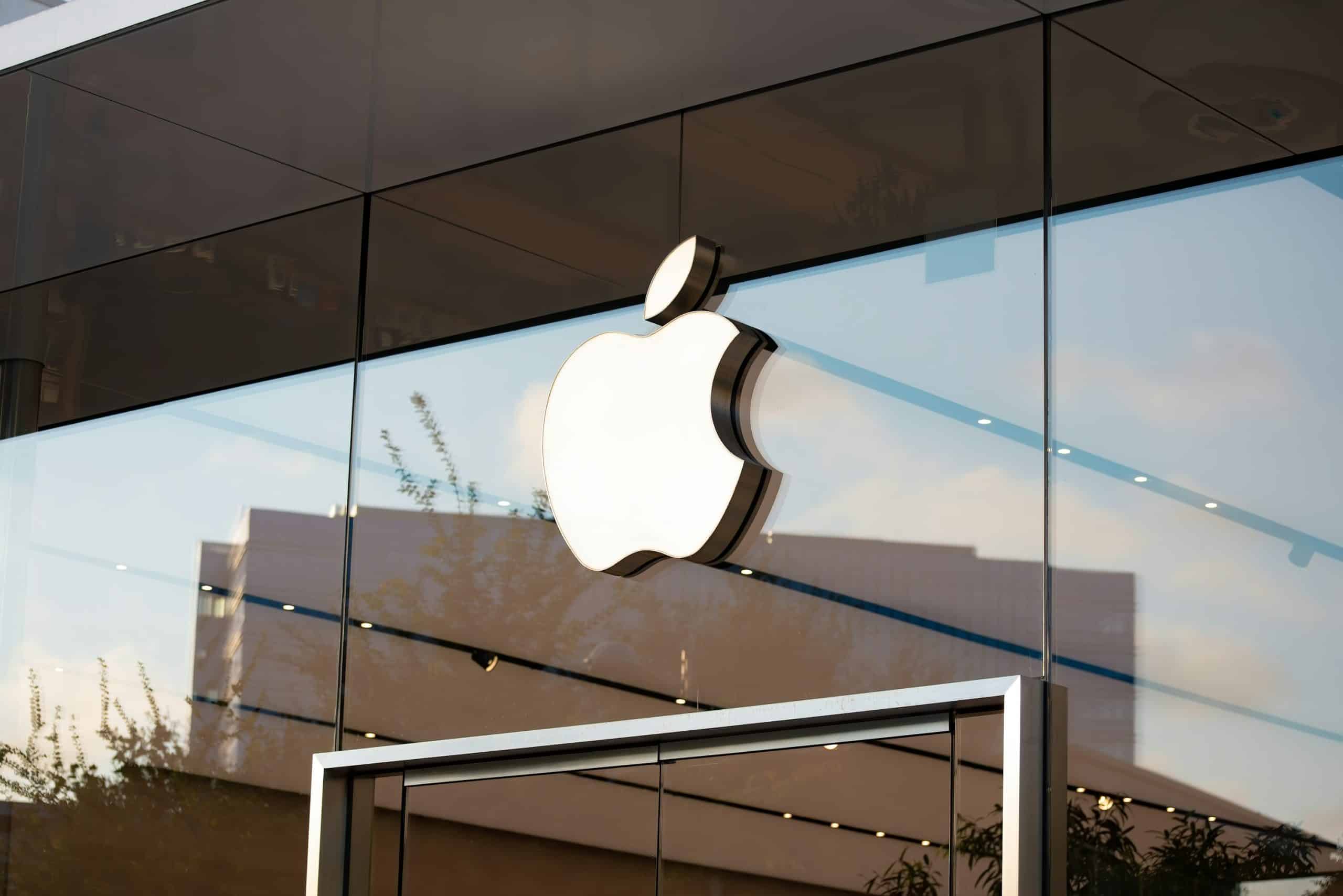Apple has cheekily lobbed a motion to chuck out the Department of Justice’s (DOJ) antitrust lawsuit, cheekily claiming the case is built on wobbly legal foundations. This legal tussle, backed by a gaggle of states, accuses Apple of being a bit too bossy with its iron grip on the App Store and iPhone features.
Legal Arguments and Precedents
In its motion, Apple argues that its business practices—like deciding which apps grace the App Store and setting the terms for iPhone feature access—are all above board. The tech giant insists it’s under no legal obligation to let competitors access its proprietary tech on their terms. To back this up, Apple points to Supreme Court decisions, including Verizon Communications Inc. v. Law Offices of Curtis V. Trinko, LLP and Pacific Bell Telephone Co. v. linkLine Communications, Inc., which support its stance that it can choose how and with whom it does business without falling afoul of antitrust laws.

Maintaining Ecosystem Integrity
Apple, with the composure of a Brit sipping afternoon tea, defends its actions—such as limiting third-party access to certain APIs or features—as necessary to maintain the quality, security, and privacy of its iPhone ecosystem. The company portrays these decisions as vital to preserving the integrity of its products and services, rather than attempts to stifle competition. Just as a proper cup of tea demands the finest ingredients, Apple argues that a top-notch ecosystem requires a bit of selectiveness.
Market Competition and Consumer Benefits
Apple, in a manner as dignified as a person defending the last biscuit in the tin, disputes the DOJ’s portrayal of its market power. It argues that it faces stiff competition from other smartphone manufacturers like Google and Samsung. Apple emphasizes that it doesn’t possess a monopolistic market share that would validate the DOJ’s claims. Furthermore, Apple underscores the consumer benefits stemming from its business practices, such as enhanced security and a seamless user experience. The company maintains that its integrated ecosystem is the result of substantial investment and innovation, not anti-competitive behavior.
Apple’s motion to dismiss the DOJ’s antitrust lawsuit underscores its steadfast commitment to defending its business practices and preserving the integrity of its ecosystem. As the legal wrangling continues, Apple’s arguments highlight the delicate balance between fostering competitive practices, providing consumer benefits, and driving technological innovation.
